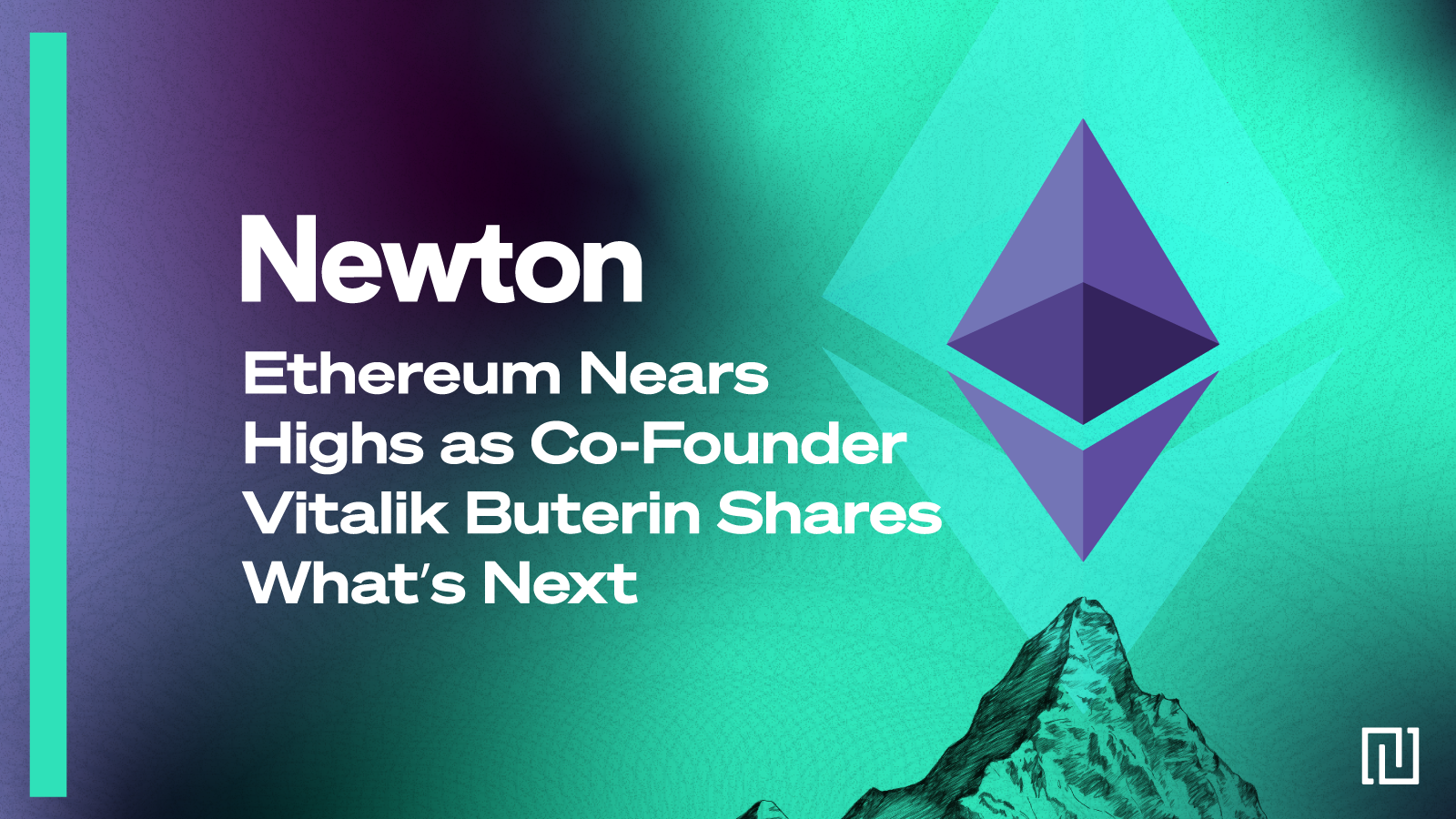

Just like Newton Crypto, Ethereum’s co-founder Vitalik Buterin grew up in Canada. He recently appeared as a guest on the Bankless podcast to talk about where the network could go next. The focus? Keeping Ethereum open to innovation, enhancing performance without losing security, and integrating privacy from the ground up.
Ethereum has long been called the “world computer,” powering everything from DeFi apps to NFTs. Leadership now sees its future as something even more foundational, a “world ledger” that safeguards ownership, value, and agreements across the globe. ETH, the network’s native token, is the economic backbone that keeps the system running. He supports organizations holding ETH to strengthen adoption and network security while warning against over-leveraging the coin as that type of activity could put the ecosystem at risk.

The network’s cultural strength, according to Buterin, lies in its ability to accommodate diverse viewpoints. Rather than following trends or competing on “vibes” with other blockchains, Ethereum’s design allows for centralized applications to run on Layer 2 networks (L2) and fully decentralized, trustless interactions at the protocol level.
The main network, called Layer 1 (L1), isn’t chasing split-second speeds to compete with high-frequency trading. Leaders believe that kind of race could push the system toward centralization, where only the biggest players benefit. Ultra-fast transactions are routed through L2 networks built to work alongside Ethereum. Picture them as quick side roads running parallel to the main highway, easing congestion while keeping the core route secure, decentralized, and open to all.
Vitalik suggested Ethereum should continue to fund important community projects in a sustainable way. It appears that original blockchain values surrounding consensus and making big decisions together, not from the top down, are still alive here. As such, he supports tools like prediction markets and governance models that distribute power, helping Ethereum stay open and community-driven.
The community has debated about how to best scale the network, while interest in some trends, like NFTs, has generally cooled. In response, the Ethereum Foundation, under new co-executive directors appointed in March 2025, has focused on making the main network faster, improving how L2s connect, and adding stronger privacy tools like zero-knowledge proofs.
A challenging 2024 for Ethereum seems to be fading into the rearview now as Buterin maintains a positive outlook on what’s next. Emerging technologies like zero-knowledge virtual machines (ZKVMs) and history expiry are proposed to enhance scalability. His vision is for the network to evolve into a “World Ledger” while upholding cypherpunk principles of privacy, trustlessness, and decentralization, though its long-term impact remains to be seen.
If you are new to crypto or have been following it for years, Newton’s blog offers resources for everyone. Our learning content is designed to be beginner-friendly without skipping the deeper ideas, because we believe the future of money should not only be scarce but also understood.